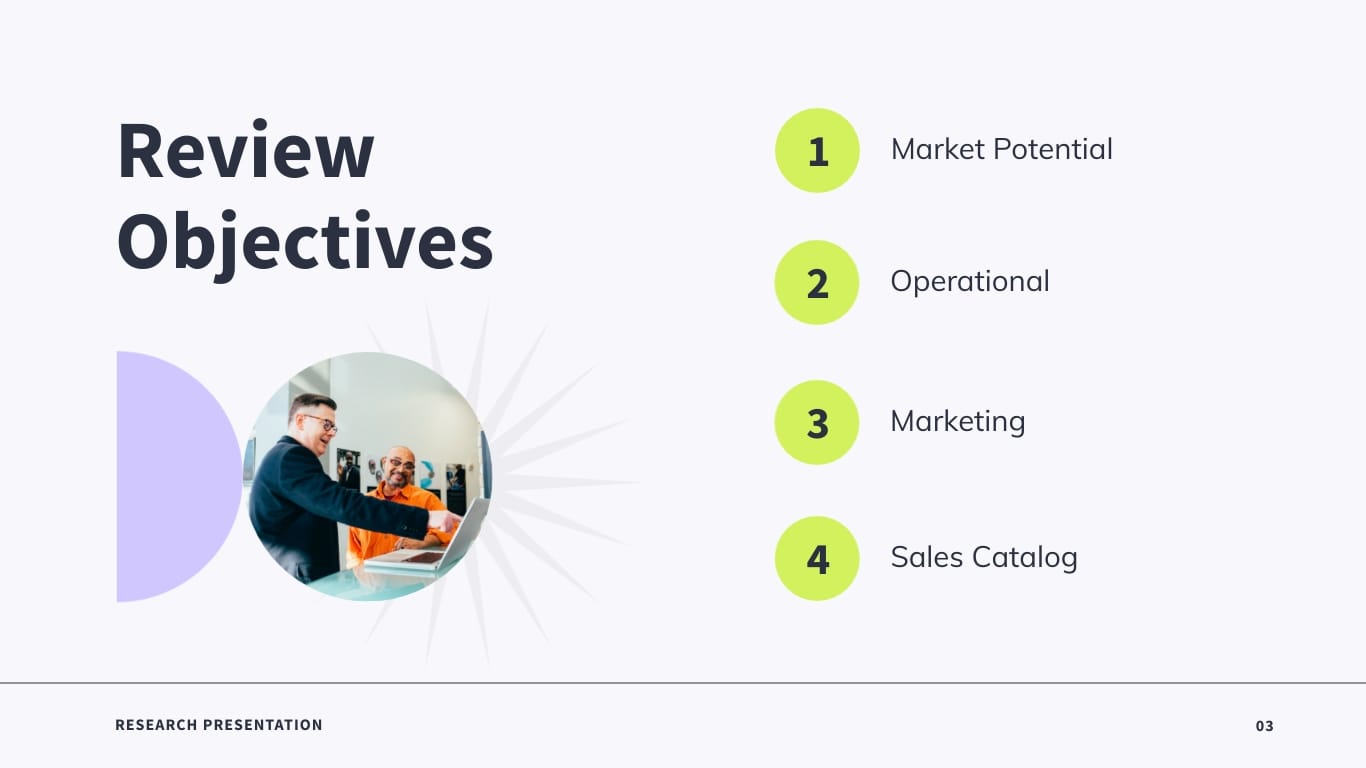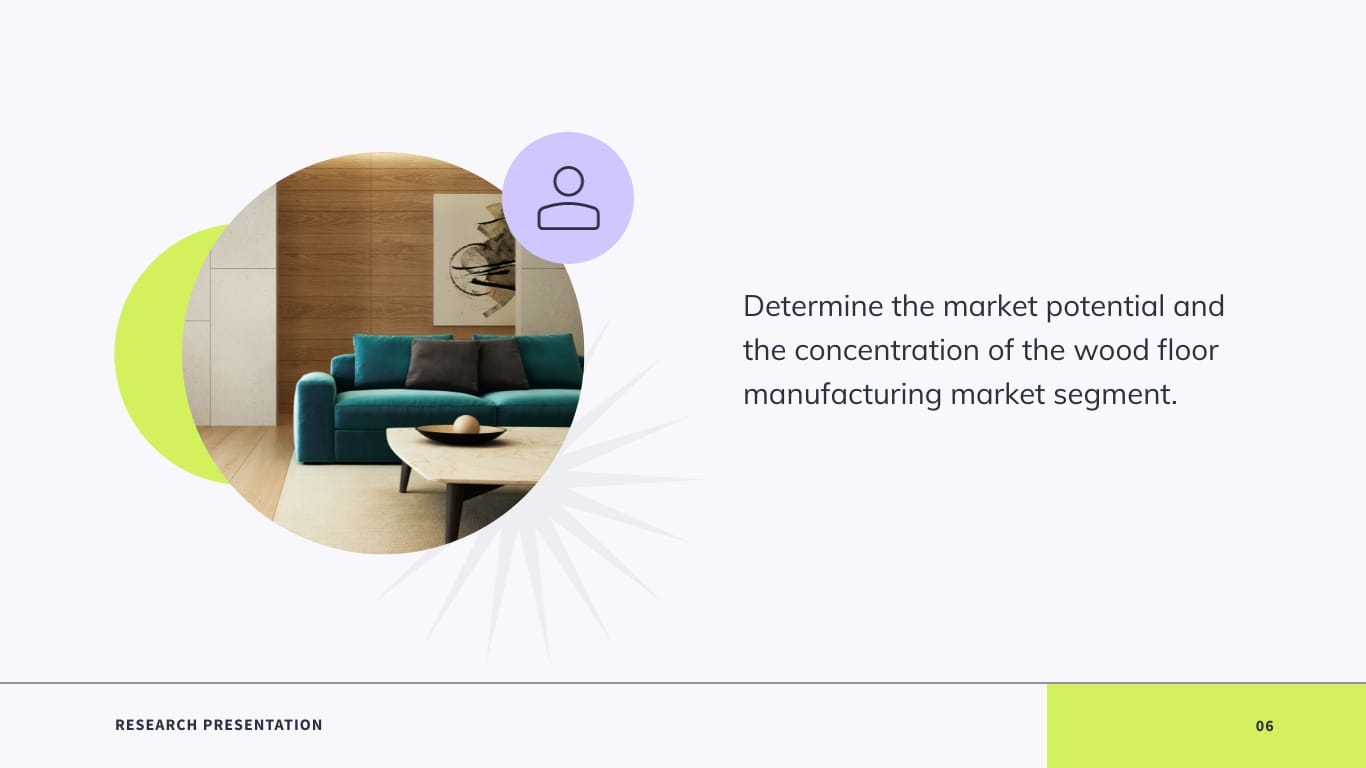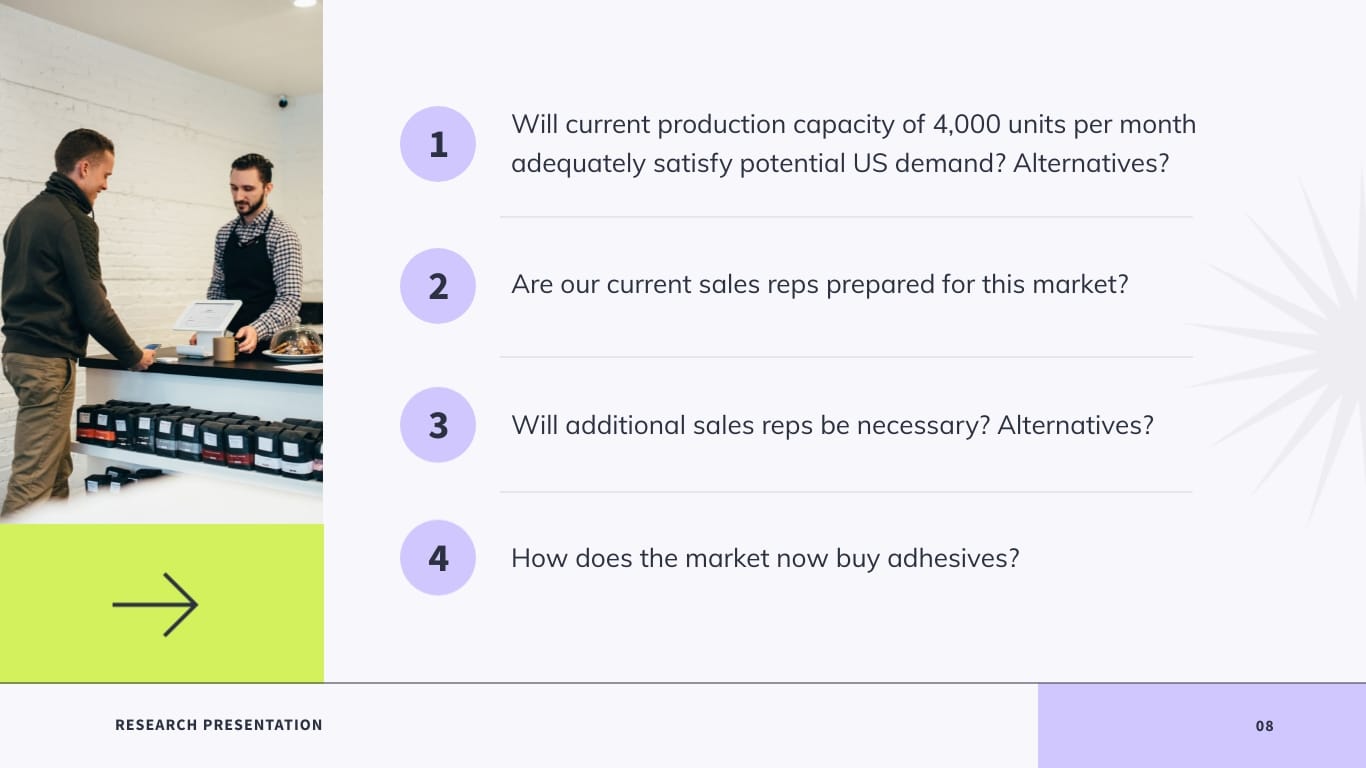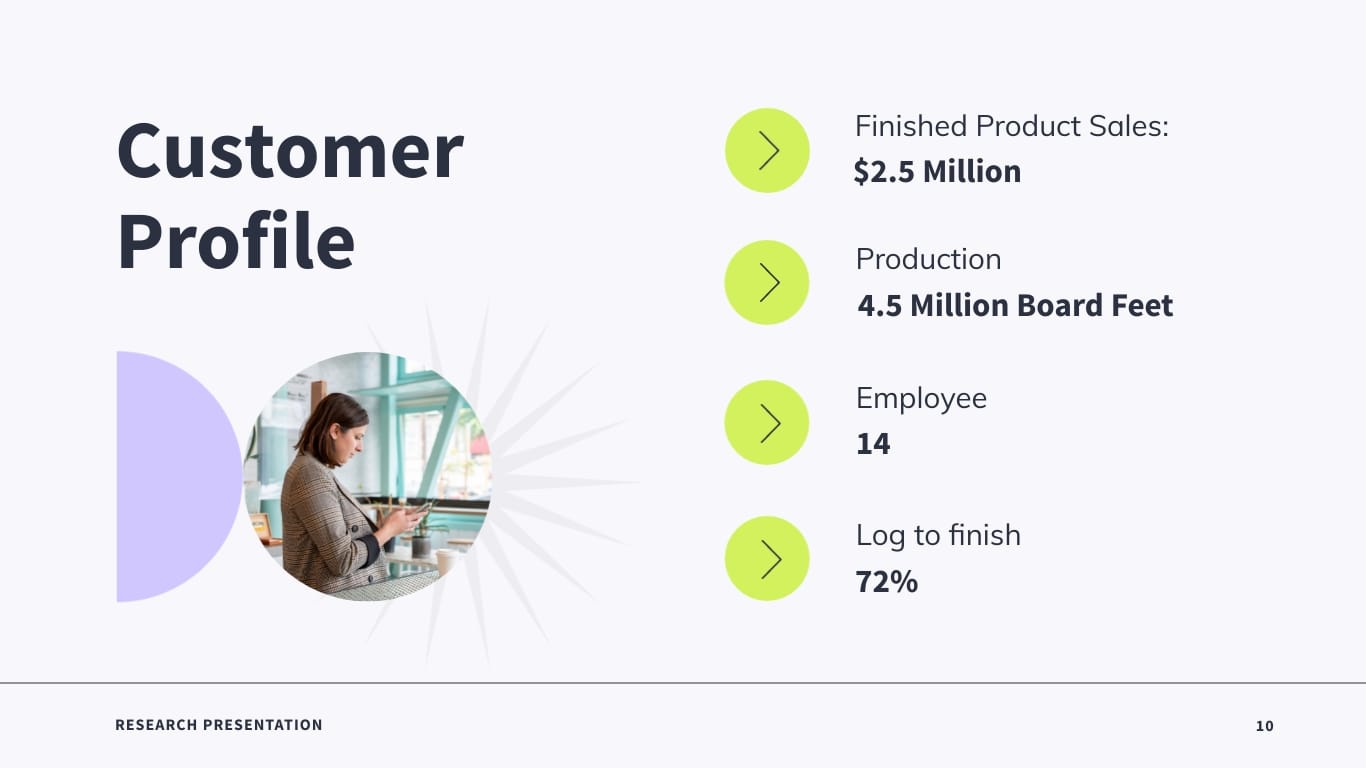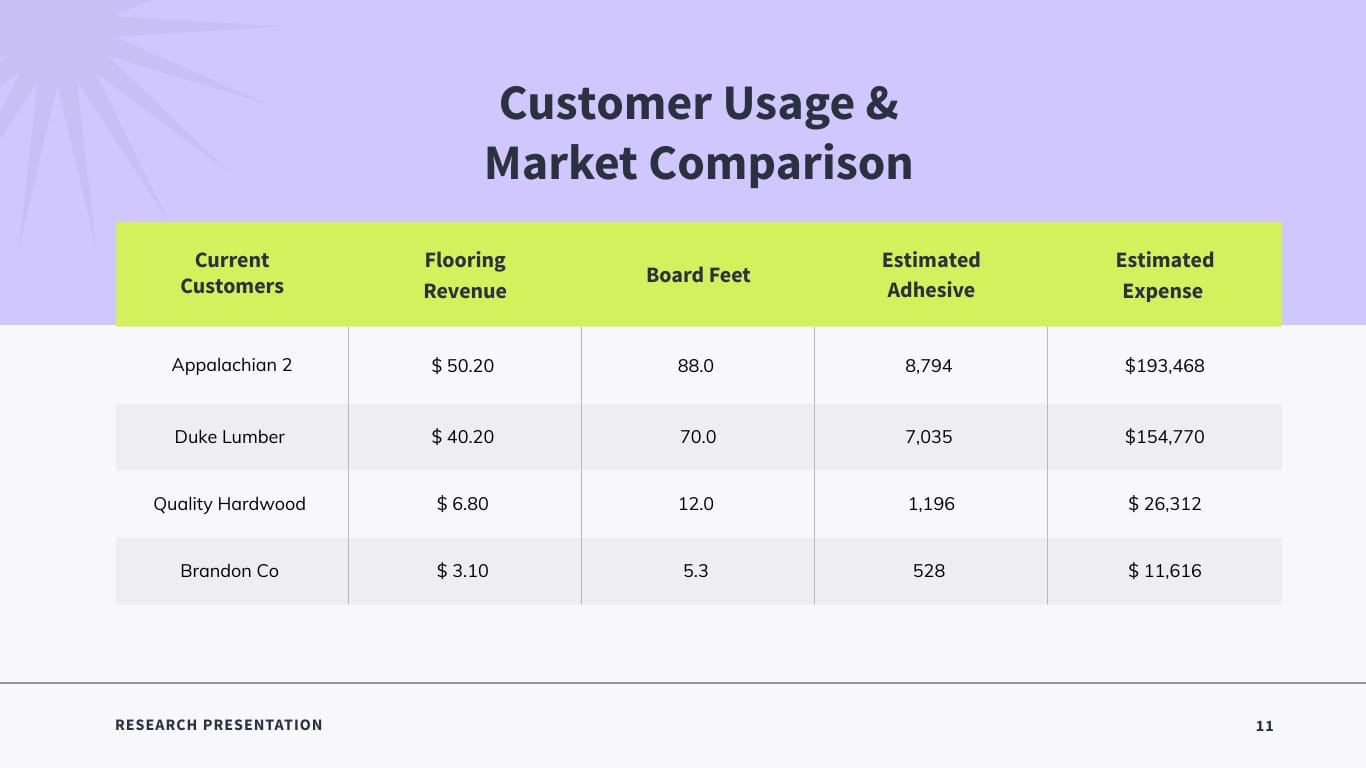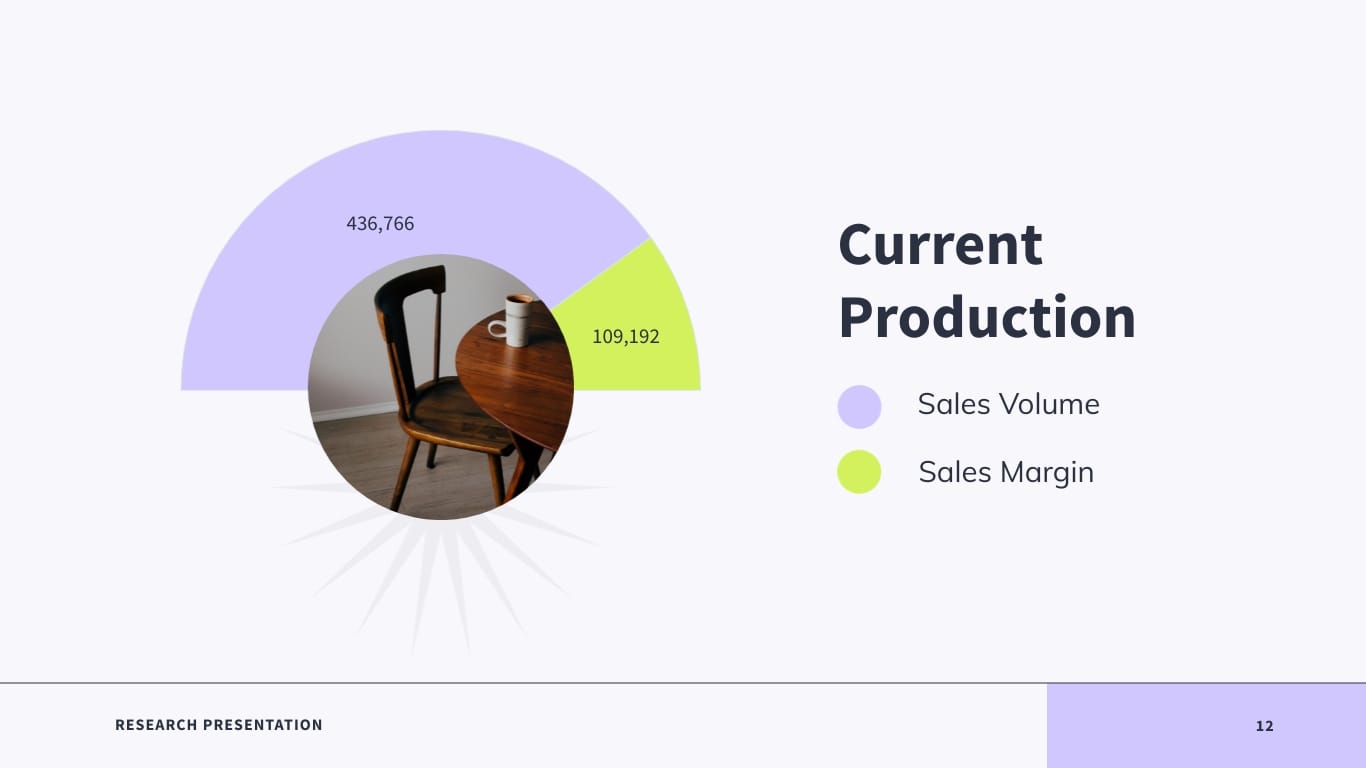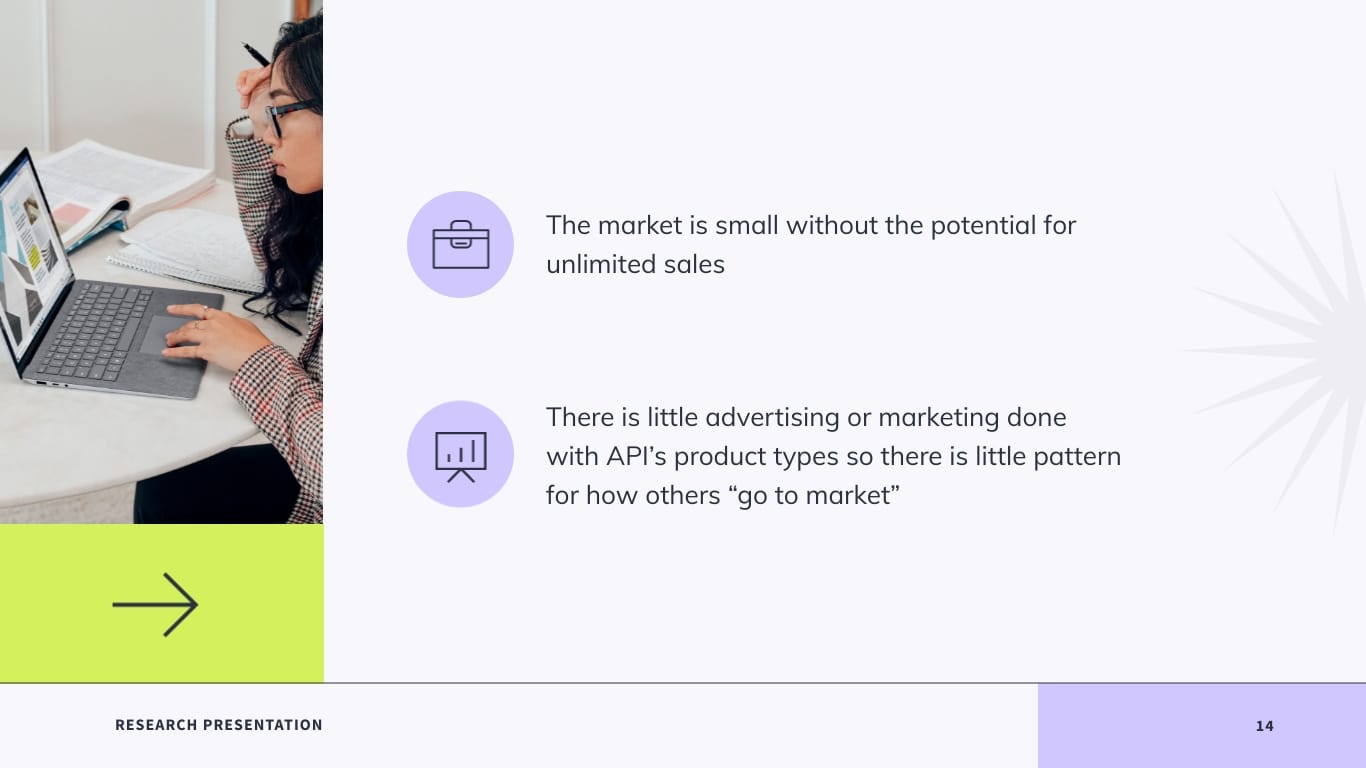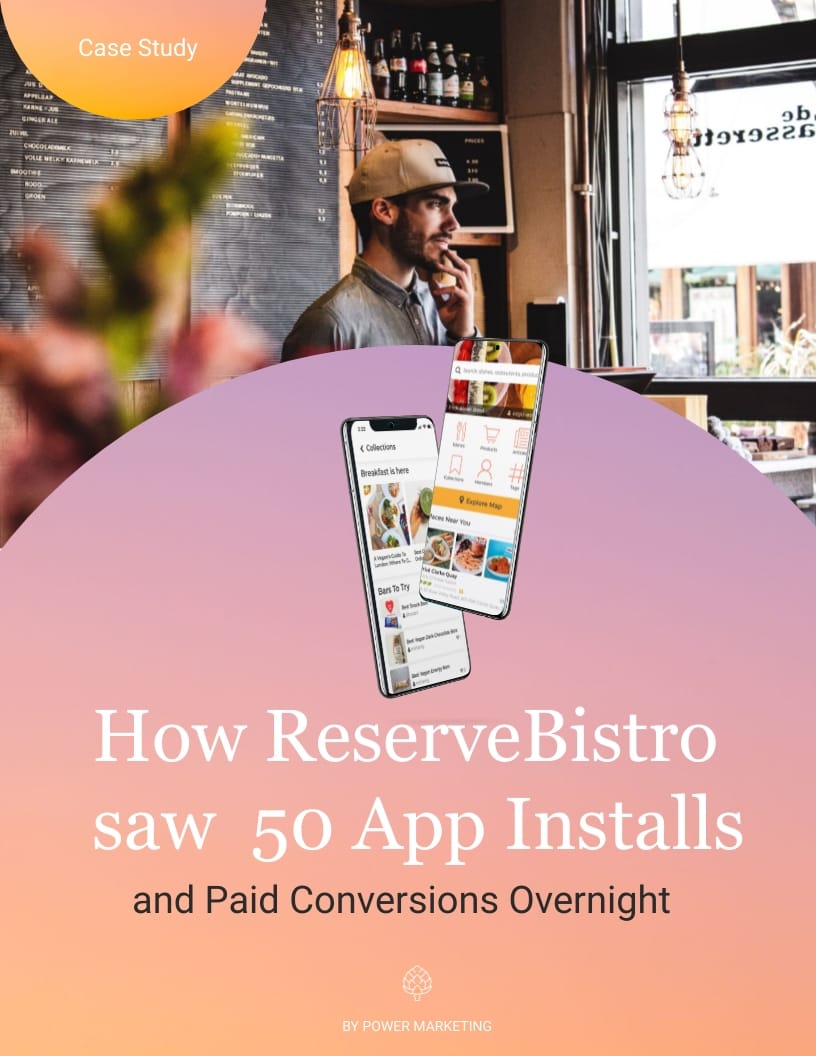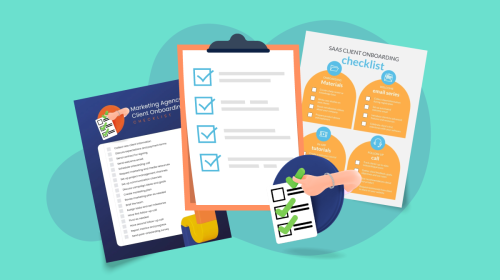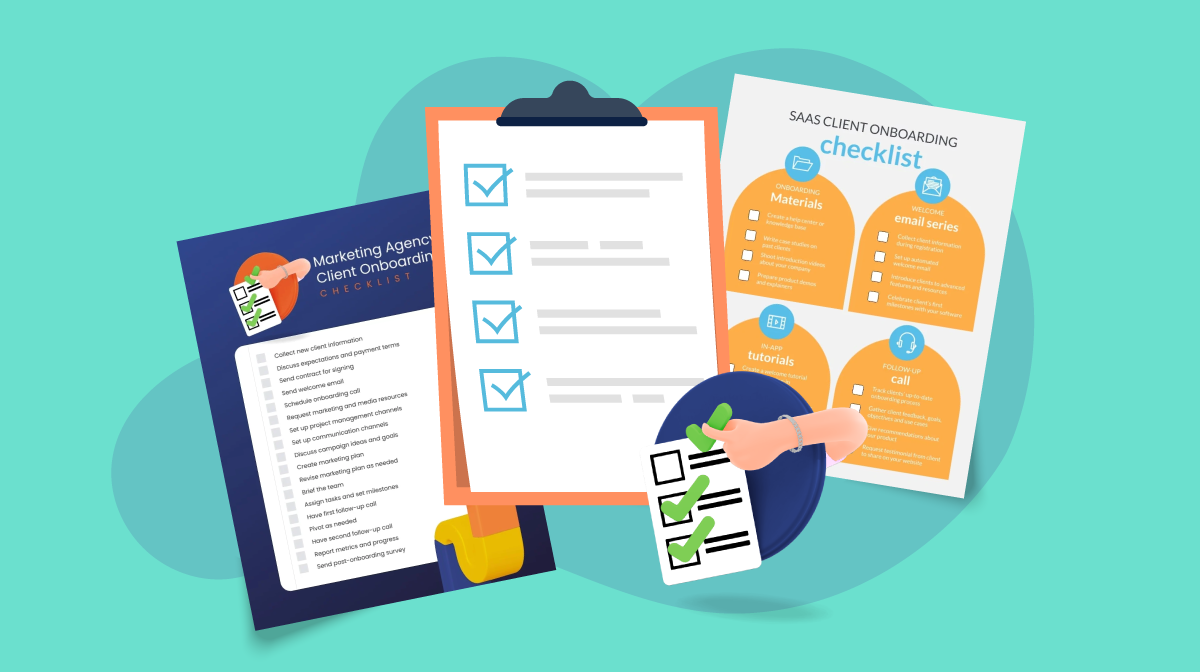
15 Sales Discovery Questions To Lock In The Right Leads

Lead generation and customer satisfaction are important, but let's not forget the ultimate goal—closing the sale. The reality is that most customers are difficult to win over. They have more objections and they make every step of the sales process more challenging than it should be.
To convert leads into customers, you need a knowledgeable and equipped sales team. They should be armed with effective tools to prospect and get the products out there. A discovery call is one of the most effective tools they could lean on.
Think about it: A sales discovery call can give you a deeper understanding of your customer and their unique needs. By the end of the call, you can easily determine whether or not the deal will close and how much it will cost.
So why not take advantage of this opportunity to attract the right clients and close more deals? In this post, we explain what a discovery call is and the best sales discovery questions you should ask your prospects to determine whether they are a good fit.
Let’s dive in!
Table of Contents
- What is a Discovery Call
- The Sales Discovery Process
- 15 Sales Discovery Questions to Identify Prospects
- 8 Things to Do After Finding Your Ideal Client
What is a Discovery Call
A discovery call is an initial conversation between a salesperson and a potential customer. The goal of the call is to learn more about the prospect's needs and pain points and determine whether your products or services can meet those needs.
During a discovery call, you'll pose questions to gather information about the customer's business, challenges and goals. These questions might include things like:
- What is your current process for X?
- What is your biggest pain point when it comes to Y?
How the prospect answers these questions will help you understand their needs and tailor your pitch accordingly.
Why is a discovery call so important, you ask? Well, think of it this way: imagine trying to sell a pair of shoes to someone without knowing their size. You might have the most stylish, high-quality shoes on the market, but if they don't fit the customer, they will not be of much use.
You need to talk to the customer to discover more about their size, the type of shoes they need and probably any other features they're looking forward to. With this information, you'll be better equipped to pitch them their ideal type of shoes and increase your chances of closing the deal.
In the video below, we’ve covered 15 sales discovery questions to qualify your prospects and attract the right leads
The Sales Discovery Process
Persistence is key in selling, as close to 80% of sales require five or more follow-ups. That's why every salesperson must build a connection with the prospect from the first meeting.
This is particularly important when dealing with difficult prospects and those unwilling to reveal the full extent of their problem.
The sales discovery process is a key initial step in connecting with a prospect. It’s like a first date for a salesperson and a potential customer. You want to know each other, see if there's a spark and figure out if it's worth taking things to the next level.
And just like a first date, it's important to prepare by adhering to the following:
Before the discovery call, you should do your homework. Research the prospect and their company. Establish their pain points and how your product or service can help. This will make you come across as knowledgeable and prepared.
- During the discovery call, it's all about the give and takes. Listen to the prospect's needs and ask qualifying questions to understand their situation. Share relevant information about your product or service and how it can help them.
- If you have industry insights that would be relevant to your prospects' concerns, share them. This might be case studies showing how your product helped other companies. And most importantly, be a good listener and ensure that you understand their needs.
- After the discovery call, the next set is a follow-up. Send a thank-you note and summarize the key points of the conversation. Demonstrate to them how utilizing your solution can aid their company in reaching its desired outcomes.
- All your recommendations should be customized to meet their specific requirements.
- If it is a good fit, suggest the next steps. And if it's not a good fit, don't be afraid to walk away respectfully.
Overall, a sales discovery process is about building a relationship and understanding the potential customer's needs. It's about being prepared, being a good listener and following up. If all goes well, it could lead to a long-lasting and profitable relationship.
Build relationships with customers and drive sales growth
- Reach out to prospects with impressive pitch decks and proposals that convert
- Monitor clients' level of engagement to see what they are most interested in
- Build a winning sales playbook to maximize your sales team's efficiency

15 Sales Discovery Questions to Identify Prospects
Discovery questions in sales are used to determine if a potential customer is a good match. They are open-ended questions focusing on the prospect's challenges, current processes and objectives.
More importantly, your discovery questions for sales should relate to what you’re offering the customer. In this post, we've divided the questions into different sections depending on the goal, pain point and situation being addressed. You can also approach them from a different perspective, such as:
- Question to set the stage
- Questions to qualify the prospect
- Questions to establish the next step
Here is a look into 15 key sales discovery questions to kickstart your sales process.
Questions to Set the Stage
Questions to understand the client’s company and decision-making process
1. Tell Me More About Your Company
People enjoy discussing themselves. By asking your prospect this question, you're allowing them to share information and steer the conversation in the direction that suits them. This will allow you to establish a positive relationship and gain valuable insights.
2. How Are Decisions Made Within Your Organization?
Understanding the decision-making process and stakeholders involved can help you adapt your pitch and build relationships with the right people. So, ask this question at the start of the conversation to learn more about the key decision-makers at the prospect's company.
Goal Setting Questions
1. What Are Your Current Business Objectives?
This question helps set the stage by understanding the prospect's overall business objectives. You can create a sales pitch that aligns with their core objectives by understanding their wants. As a result, they are more likely to develop an interest in your product or service.
2. What Specific Goals Are You Looking To Achieve In The Next 6-12 Months?
This is a question to help you understand what they are hoping to achieve in the short run. It's a crucial goal-setting question that lets you know how to tailor your offering and meet those immediate needs. Ask this question based on the implementation process of your product.
Pain Point Identification Questions:
1. What Are Your Current Business Challenges?
Every business has challenges and your role as a salesperson is to provide a sustainable solution where necessary. Even though it may appear vague, this question will help bring up any problem the prospects face. In addition, it helps uncover challenges from a broader perspective.
2. What Specific Pain Points Are You Experiencing in Your Current Operations?
These questions are designed to identify the prospect's pain points and specific areas where they struggle. The goal is to position your product or service as a solution to those pain points.
Situation Analysis Questions:
1. What Is Your Current Process for a Specific Task or Function?
This question is designed to understand the prospect's current situation, processes and the solutions they are currently using. With this information, you can identify areas where your product or service can improve operations and make their lives easier.
2. Is [Specific Product Area] Causing Any Difficulties for You?
This is a more focused question but still open-ended. It aims to guide the prospect to consider a specific aspect of their business and its challenges. Although it is a binary question, it encourages the prospect to reflect on the specific challenges that may relate to your product.
3. How Long Have You Been Utilizing Your Current Solution For?
Ask this question to establish if there are any areas of concern or missed opportunities with the prospect’s current solution. The response will provide insight into whether you can provide more value and solve any underlying issues.
Qualifying Questions
1. What Is Your Decision-Making Process for This Purchase?
This question will help you determine if the prospect is a perfect fit for your product or service. By understanding their decision-making process, you can decide whether or not they are likely to purchase.
2. What Is the Deadline for Reaching Your Objectives?
Ask this question to clarify your prospect's specific time frame to attain their goals. You’ll be able to understand the urgency of the issue, identify the key motivator and establish the time frame for making a successful sale.
3. When Should We Talk About the Budget for This Project?
It's important to bring up financial considerations later in the discussion. Ask about the budget to ensure the project is financially feasible for both parties. Get a feel of their desire to spend on your solution and how far they’re willing to go.
Next Steps Questions
1. Have You Purchased a Similar Product Before?
Ask to know whether your prospect has tried a similar product before. This way, you can establish a competitive advantage when tailoring your pitch. Prepare to promote your product above the competition’s even if the prospect doesn’t mention them by name.
2. What Is the Next Step in Your Decision-Making Process?
These questions are designed to establish the next step in the sales process. By understanding the prospect's timeline and decision-making process, you can determine the best time to follow up and what the next step in the process should be.
3. What Steps and Approvals Will Be Necessary to Implement a Solution for Your Issue?
This question will help you understand their implementation process, including any necessary approvals from specific departments and a potential timeline. All in all, ensure the question emphasizes your product as the ideal solution.
8 Things to Do After Finding Your Ideal Client
Landing an ideal client is a crucial aspect of the sales process, but it's not the only one. Equally important is the follow-up process, which helps to ensure that you're providing the best possible service to them.
You can set up effective follow-up practices early on, freeing up time for other aspects of your business. Eager to take your sales process to the next step? Follow these seven tips and close more sales:
1. Research
Research the client's business and understand their needs, goals and challenges before reaching out again. Start by creating a list of any knowledge gaps or questions you or the client may have.
Not sure how to get started? Use the research report templates below to document all the crucial findings from your research. Then, add a polished chart or graph to boost the document's appeal.
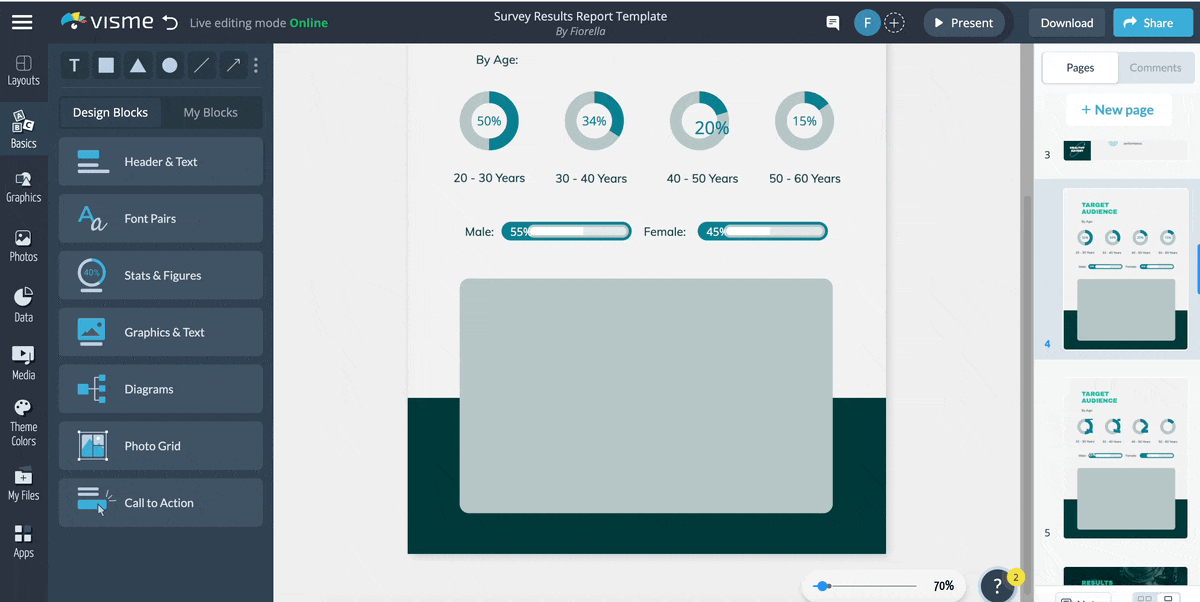
This list can serve as a starting point for your research. It also provide an opportunity to establish trust and accountability with the client from the beginning. You can then personalize your message and effectively communicate the reason for your follow-up contact.
Additionally, demonstrating your knowledge and understanding of their business shows that you are dedicated and committed to finding solutions that will benefit them.
Furthermore, captivate your clients by presenting detailed insight into their market potential and operational capabilities using the template below.
2. Follow Up with a Personalized Email
Send a quick email to the prospect summarizing the key points discussed during the call and reiterating your interest in working together. Personalize the email with their name and company, including any information or documents you promised to send during the call.
Through this email, offer to provide the solutions they're looking for. If possible, position yourself as an industry leader with eye-catching data and statistics. Here, you can leverage our rich library of professionally designed lead magnet templates or case studies to drive better engagement.
Drive prospects’ interest in your product or service by using the lead magnet template below.
Or take advantage of this case study template that doubles as a lead magnet.
These templates have high-resolution stock images, vector icons and shapes, professional fonts and an overall stunning design layout—everything you want in an engaging case study and lead magnet.
Here’s a tutorial video that will teach you how to create and design emails in Visme.
3. Send a Proposal
Your ideal client likely has specific needs and pain points, so send a proposal addressing those. Based on the information gathered during the discovery call, create a detailed business proposal outlining your solution and pricing.
Make the proposal document or proposal presentation more interactive. Be sure to highlight your solution's specific benefits for their business. We’ve got a large repository of beautiful proposal templates to give you a head start.
Proposal Templates
Select any of the templates and ensure you take advantage of useful graphs, diagrams and figures in Visme's editor.
Watch the video below to learn more about creating winning business proposals.
4. Schedule a Demo/ Product Presentation/Sales Deck
If your solution requires a demonstration, schedule a time to walk the client through it. Create a professional and polished presentation with an overview of your company. Also, briefly describe the products or services you offer.
Remember, this is an opportunity to make a positive impression. So, make your product presentation and demo as polished as possible. Be sure to tailor it to their specific needs and pain points.
Even if you’re sold on creating a sales deck, make them more organized and clutter-free by relying on our intuitive editor and rich template library. Also, take advantage of the powerful Brand Wizard feature to automatically add your brand’s assets to your presentation. Include the advantages of your products or services, pricing details and current promotions or discounts.
Whether you’re looking to create product demos, presentations, sales decks and other sales enablement content, Visme has everything you need. Use this engaging presentation template to promote new products or services your company offers.
5. Streamline Your Entire Sales Process
A great way to streamline your sales process is to use automated tools such as customer relationship management (CRM) software. This tool will allow you to manage interactions with the client, track sales activity and analyze data to improve sales strategy.
In addition to CRM software, Visme also offers automation features that can be used in sales. These include tools for email marketing and analytics. The key is to find the best tools for your team and integrate them into your workflow to improve the sales process.
Make Getting Leads & Closing Deals Easier with Visme
There you have it! Every salesperson needs to know the top sales discovery questions to lock in the right leads. But let's be real; even with all the knowledge, the sales process can still be a bit of a headache.
That's where Visme comes in to save the day. With Visme's templates and tools, closing deals and getting leads have never been easier. Say goodbye to the hassle and hello to a more streamlined sales process.
You can easily create visually appealing presentations, infographics and other sales materials to help you stand out from the competition. Not to mention, Visme's analytics will provide insight into how your marketing materials perform and let you make improvements.
So, don't let the sales process bring you down. Leverage Visme to create product proposals and other sales materials to make acquiring leads and closing deals a breeze!
Create Stunning Content!
Design visual brand experiences for your business whether you are a seasoned designer or a total novice.
Try Visme for free






